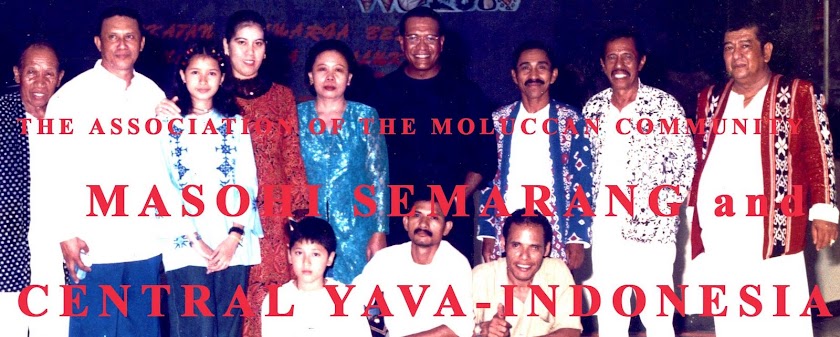History of Ternate
Ternate, the most prominent of the four Moluccan sultanates (Ternate, Tidore, Bacan and Jailolo / Gilolo), the date to 1257 AD. The ruling house to its former home for the arrival of the Muslim sage, Sayyid Ja'afar Sadik, but the exact lineage is subject to contradictory genealogies. The genealogies only a sixteenth century from the late Sultan Zainal Abidin Syah.
The island shares a unique history with the neighboring countries Jailolo, and Tidore Bacan. The four share the same in the past that they formed a legendary cosmic whole, or nearly separate universe. In this universe, each country has a designated place. Ternate form of the most important unit and the authorities is that the term Kolano Moloku (authorities in Maluku). Modern history, however, shows that the position of Ternate owes place military triumphs, successfully concluded and killed when Tidore Jailolo in 1380.
Located in the middle of the "Spice Islands", Ternate beginning to attract traders and European explorers in the sixteenth century. Portuguese is the first start in place and in the local political and religious matters immediately. They make a strong fortress in 1522 and controlled affairs with utter ruthlessness. They kill or oust the government, poisoned heirs, and remove the whole family removed to Malacca. St Francis Xavier visited the island, looking for converts in 1546. The murder of Sultan Jamal ul-Khair [Hairun], immediately after the conclusion of the peace agreement, which finally stirred Moluccans to open rebellion in 1574. Sultan of the new force stormed the fortress of Sao Joao Bautista, taking in St Stephen's Day 1575, and the Portuguese expelled.
This great victory is not easily forgotten by the Portuguese, Spanish or their successors. The latter sent naval force is strong, which retook the fort in 1606 and removed Sultan Said to Manila. They then set about converting the Sultan and his family to Catholicism.
Coming to the Netherlands in 1599 proved fortuitous Kaicili Muzaffar, the youngest son of Sultan Said. He forged an alliance with the VOC, which allows him to secure the throne in 1607. The Sultan grateful VOC other one is given an exclusive contract with the spices in the concession in 1609. However, the embrace of the VOC prove too constricting, especially after they intervene in the dispute in 1650. Although serious conflict erupted in 1683, the Netherlands is now firmly established at Amboina, and defeat is inevitable. Next, Ternate become effective Dutch protectorate.
Although relations with the Netherlands remain calm, continue with the competition Tidore cause sporadic outbreaks of conflict to the nineteenth century. England took over control from the Dutch East Indies during the Napoleonic Wars. Having recognized "Nuku", a craftsman from the Moluccan affairs as Sultan Tidore, they can be effective in the middle of the peace agreement between the two rivals. However, the peace between the two has never been more than one double and rivalries that continue to this day.
Despite efforts to end the sultanate in 1876 and again in 1916, the Dutch colonial powers changed their mind and relented in the face of popular taste. They restored the sultanate established in 1927 and is no longer trying to destroy the institution.
The years of Japan and post-war period of independence struggle is not easy for the island. He formed an important element in efforts to make the Dutch in Indonesia Federation rivalry to Java republican regime. Sultan presented in several posts, so "to spend his time" in an administrative post in Jakarta, in 1950 after the unification. However, he does not remove the Republicans and the title of honor, and his son and successor should be recognized after his death.
The existence of the sultan remains one of the significant influence, both politically and in the field of religion and culture. Recently, he was very interested to intervene in humiliation riots Christian-Muslim and ethnic disturbances of 1999. He tried to protect minority ethnic groups, followed by the Protestant majority. He exiled government in September 2000.


























0 komentar:
Post a Comment